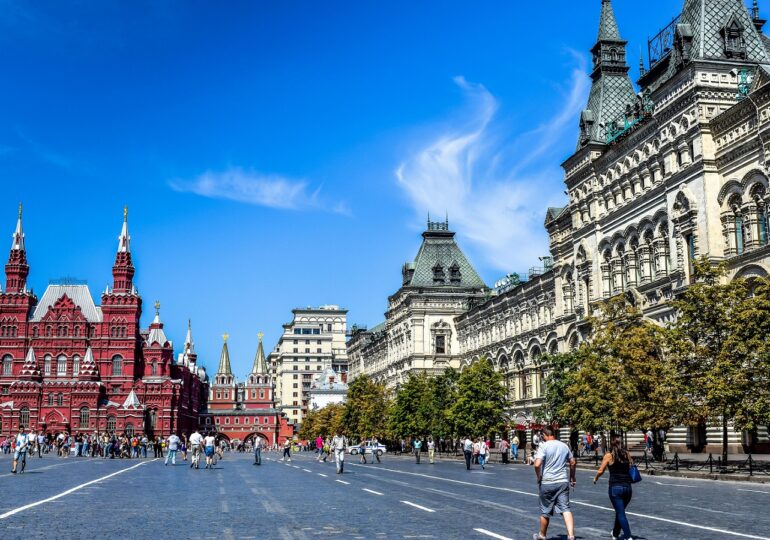The Russian State Duma has introduced for debate a bill that provides for hefty fines for „childless propaganda.”
The President of the State Duma, the lower house of the Russian Parliament, Viacheslav Volodin, announced on Tuesday on Telegram that deputies will discuss a law that prohibits „propaganda of conscious refusal to have children.”
The law prohibits this type of propaganda on the Internet, in the media, films, and advertising, as reported by TASS.
To sanction violations of the prohibition, the introduction of administrative fines similar to those previously adopted for LGBT propaganda and gender change is proposed, Volodin said.
The legislative proposal provides for hefty fines, depending on the category in which the offenders fall:
- up to 400,000 rubles (approximately 3,862 euros) for individuals;
- up to 800,000 rubles (approximately 7,725 euros) for public officials;
- up to five million rubles (approximately 48,282 euros) for legal entities.
At the same time, foreign citizens who encourage the conscious refusal to have children will be expelled from Russia.
The text of the bill has not been made public yet, but according to the cited source, there are no changes to the two bills from 2022 and 2023, which included the prohibition of "childless propaganda." Meanwhile, Russian deputies regularly carry out their legislative activities, adding amendments to other bills already under consideration by Parliament.
The prohibition of "childless propaganda" in Russia has been discussed since 2022 when a bill was introduced in the State Duma to ban the dissemination among minors of information promoting voluntary childlessness. The bill was not adopted.
The issue resurfaced this month, specifically on September 18, when the President of the Federation Council of Russia, Valentina Matviyenko, expressed support for banning the "childless movement." The Russian press wrote on Monday that the Moscow government "in principle" supports the bill.
The decline in birth rates has become a pressing issue for Russian authorities. In the first months of 2024, Russia recorded the lowest birth rate in the last quarter of a century. For the first time, the number of births fell below 100,000 in June, according to Reuters.
The decrease in the number of births and the increase in deaths, against the backdrop of the conflict in Ukraine, have exacerbated the demographic crisis in Russia.
In July, the Kremlin announced that it is working on a policy to halt the decline in the birth rate, and President Vladimir Putin said that this situation is "disastrous for the future of the nation."
In February, Putin stated that families in Russia must have at least two children for the ethnic survival of the nation and three or more if they want it to develop and prosper. If every family had only one child, the population would decrease, "and to expand and develop, we need at least three children," he said.
In November 2023, the Kremlin leader called on women in Russia to "return to their roots," as "grandmothers and great-grandmothers had seven, eight, or even more children." "Let's preserve and revive these excellent traditions. Large families must become the rule, a way of life for the entire Russian people," Putin said at the World Council of Russian People in Moscow.
"Maintaining and increasing the Russian population is our goal for the next decades and even future generations. This is the future of the ancient Russian world, of eternal Russia," added the Kremlin leader.
Desperate measures have been taken by Russian authorities. The Health Minister, Yevgeny Shustalov, said in an interview on Russian television that even those who work very hard must contribute to this effort and should procreate at work during breaks.
T.D.

